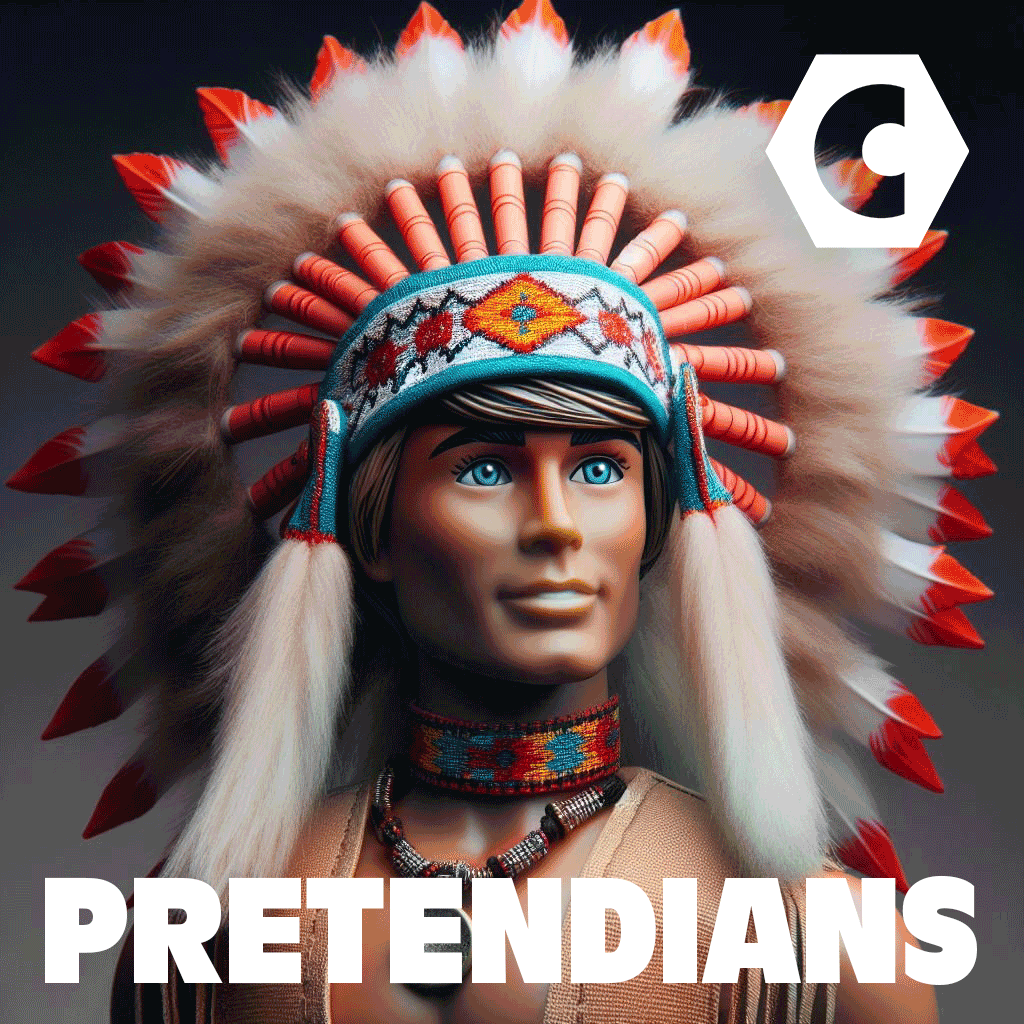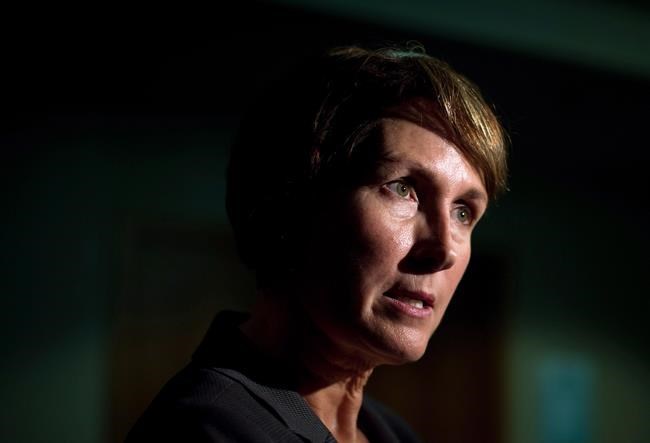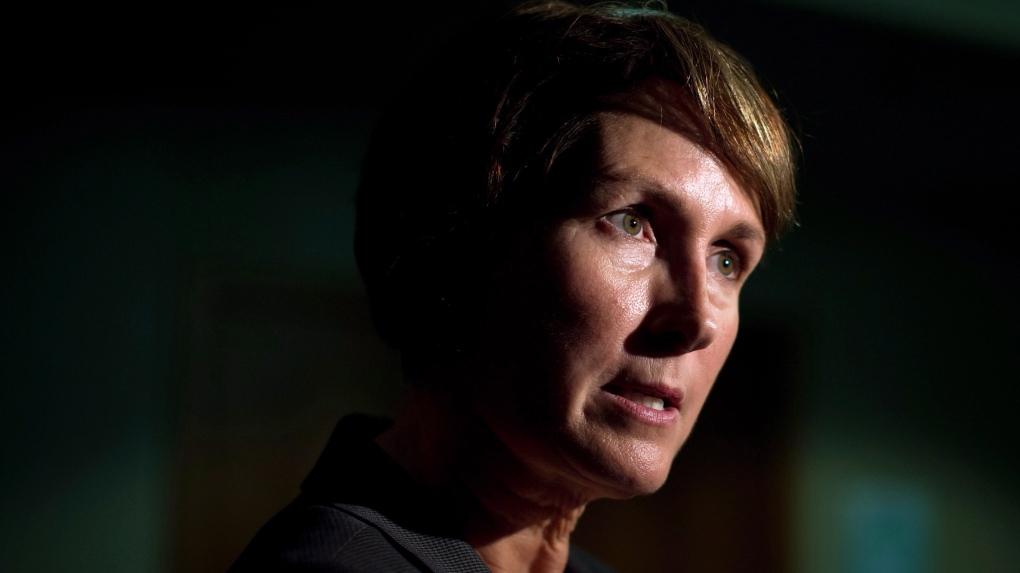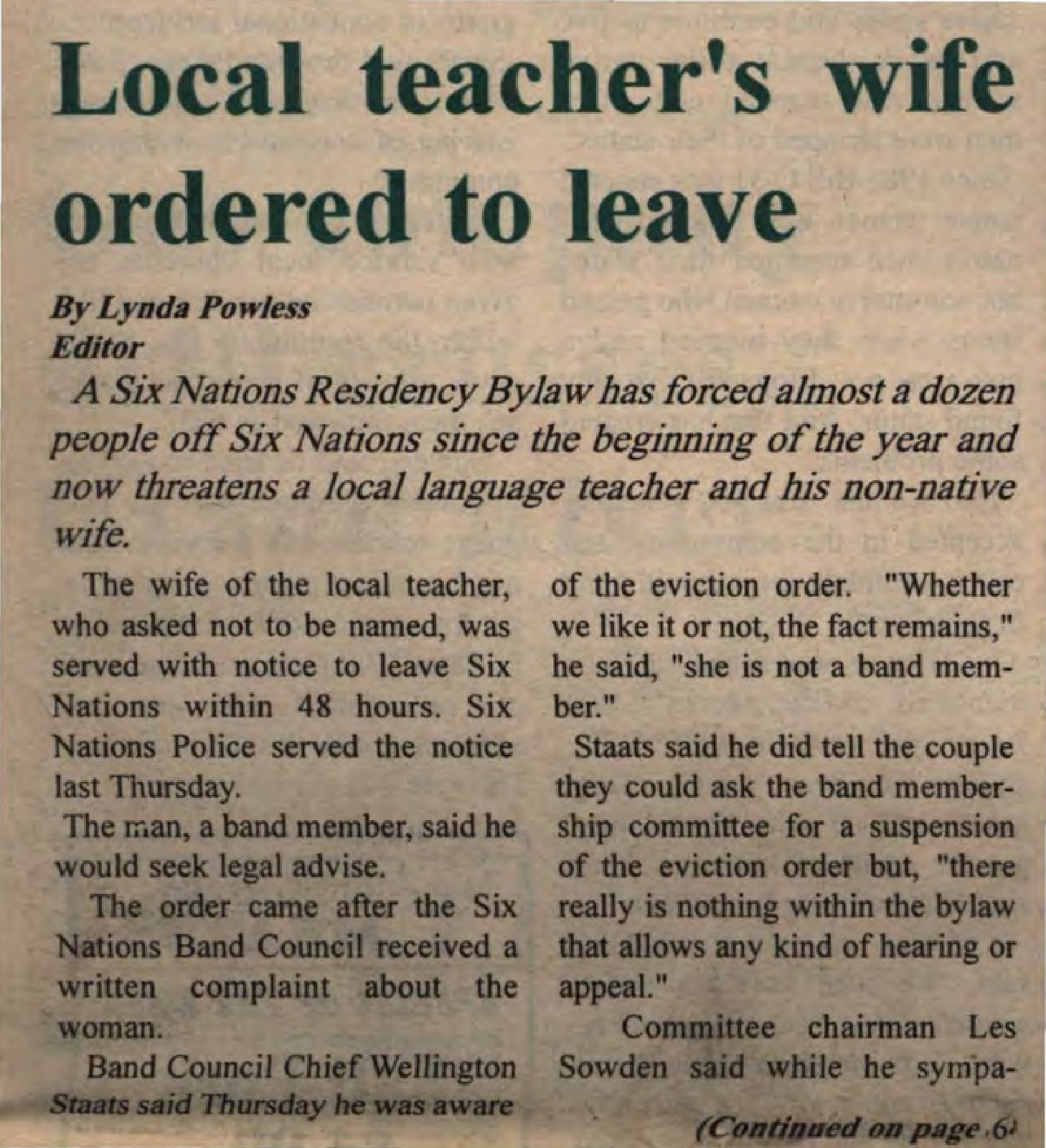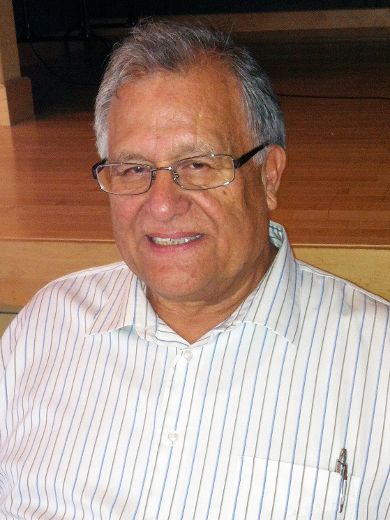- Reaction score
- 2,138
- Points
- 1,260
Heinz had a number for that
57.
When there is money, benefits, advantages, etc. on the table for a certain group, some people want to be part of said group.
"until I had a racial awakening and discovered my 'Mohonk' blood."
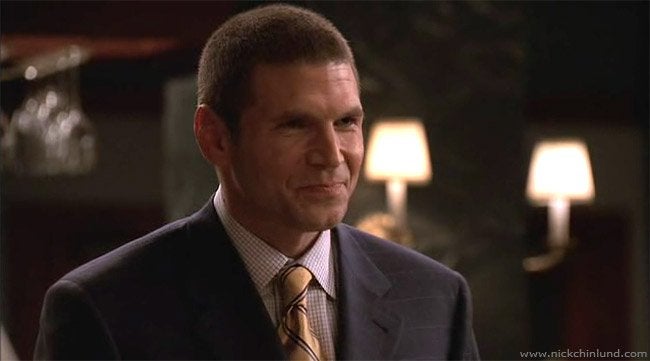
Doug Smith
Doug Smith is a chief of the Mohunk Indians, and the owner of a successful casino. Though passing through his childhood as white, Doug has used his slight family blood ties to Iroquois Natives through his father's side to become chief of the Mohonk Indians. Hesh Rabkin gets Doug in touch with...


